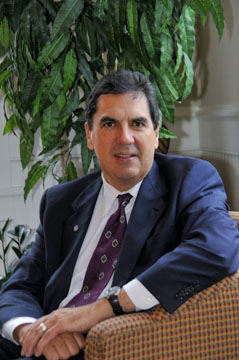Author’s Bio
Carlton Smith (Sha na k’uwa) is an enrolled citizen of the Tlingit Tribe of Alaska Natives and a lifelong Alaskan. Carlton’s ancestors come from the village of Klukwan, located on the east bank of the Chilkat River, 110 miles north of Juneau and 25 miles south of the Canadian border. He is a member of the Killer Whale clan, on the Eagle side.
After graduating from Stanford in his 20s, Carlton returned to Alaska, where he served as a government consultant to rural Alaskan villages, authoring a book used for over two decades to guide village leaders in incorporating their communities. He served as CEO of one of the largest village corporations organized under the Alaskan Native claims Settlement act of 1971, and served on the Board of Directors of the largest Alaska Native Regional Corporation in the State. Carlton also served on the City and Borough of Juneau Assembly and was appointed by the Governor to serve as one of seven trustees on The Alaska Mental Health Trust Authority, which manages over one million acres of land and a diversified investment portfolio in order to serve 60,000 Alaskan beneficiaries with mental health services. For the past 30 years, he has owned and operated The Carlton Smith Company, a successful commercial real estate agency completing transactions in-state and nationwide.
All his life, Carlton has enjoyed writing, and his memoir, “SKITZY” My mothers’ haunted journey from Indian Boarding school to Insane Asylum, brings together many of the autobiographical stories he has written over the years. These days, Carlton is using ventriloquism to share his Alaska Native heritage with audiences and to engage young Tlingit language learners with creative dialogues he composes in Tlingit and English for his live presentations with Daisy and Charlie, two ventriloquist figures he had created in the images of elders from his past. He also speaks frequently on the subjects of mental illness and polio to organizations like Rotary International, working to dispel the stigma that too often sets families like his apart. Carlton’s message teaches that people affected by physical or mental disabilities not only deserve quality care and respect but should be honored for the value they contribute to their families and communities.
Carlton sees in survivors of family and cultural trauma like himself the potential to “view our experiences through another lens—a lens that enables us to focus on, separate out, and harvest the good—and, in that process, disarm earlier memories of traumatic events that were beyond our control.”

Carlton Smith is represented by Anjanette Barr of Dunham Literary, Inc.